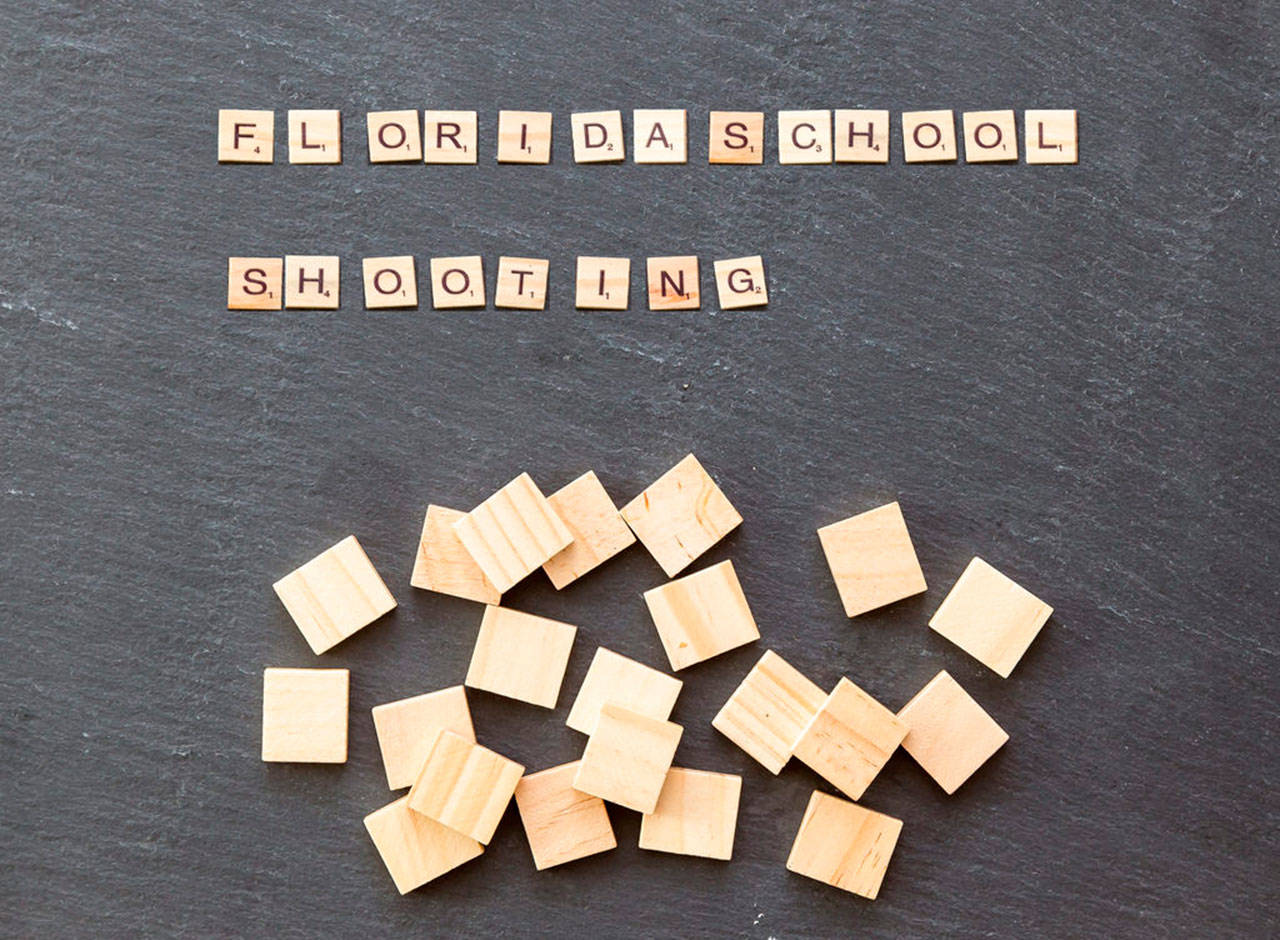By Donna Colosky, Cindy Goodwin and Ed Holmes
Mercer Island Youth and Family Services (YFS), Mercer Island Police, Mercer Island School District staff and the city have all received similar questions since the Feb. 14 school shooting in Parkland, Florida: How could a shooting like that have happened? Could that happen here on Mercer Island? What’s being done to prevent a school shooting from happening here?
There is now, and has been, a great deal being done to prevent a school shooting on Mercer Island. These efforts are not labelled “active shooter prevention” or “gun safety.” They exist in the social-emotional curriculum taught in classrooms, availability of mental health and police support in every school, and expert speakers coordinated by the PTA’s Parent Edge. Gun violence prevention requires a coordinated response rooted in stakeholder collaboration, evidence-based approaches and in community mobilization.
Collaboration: Since 1995, leaders from youth-serving institutions on the Island have convened a quarterly “Youth Concerns” meeting. First a school-city partnership, Youth Concerns has grown to include most Island youth serving entities. Co-chaired by Superintendent Donna Colosky, Police Chief Ed Holmes and YFS Director Cindy Goodwin, participants include middle and high school principals, Parks and Recreation, Boys and Girls Club, Young Life, Lifewire (domestic violence intervention), YFS school-based and outpatient counselors, YFS Court Diversion coordinator, YFS Healthy Youth Initiative coordinator and the school resource officer. The group identifies problems and solutions, shares resources, updates each other on trends and activities, and identifies possibilities for collaboration. One of the primary focuses of this group is to align services and insure the community safety net is intact.
Evidence-based approaches: The gold standard of preventing anti-social outcomes for youth is strong relationships (and a strong community). Students who feel connected and engaged with their school and community more often launch into young adulthood with a sense of direction and hope, and are less likely to break the social contract of respect and safety for others. Mercer Island schools, and the community organizations that support and surround them, follow national recommendations for developing a school culture that is high in social connectedness and low in risk for violence by:
• Co-locating community mental health services in schools. (Each elementary, middle and high school has a full-time YFS mental health counselor on-site).
• Identifying students with the higher anti-social risk factors including fighting, breaking rules and laws, those distanced or alienated from school, low interpersonal skills; low conflict resolution skills.
• Developing restorative practices and alternatives to suspension and expulsion.
• Emphasizing connections and fostering trusting and positive relationships between staff and students; and
• Fostering positive relationships between student groups.
• Offering an array of extracurricular activities that includes leisure/recreation, competitive, physical and cerebral to ensure that all students can be involved in at least one activity.
• Teaching conflict resolution, citizenship and social competency with a focus on respect, dignity, sensitivity to others and inclusion.
Community mobilization: An important part of violence prevention is the role of parents and influence of the home. Effective, informed and consistent parenting is shown to play a key role in violence prevention, reducing substance use, and building a child’s resilience in the face of stress, anxiety and depression. While there is exceptional parenting on the Island, there are always those who struggle. Should Island parents act together and follow the national recommendations for parenting for prevention, the results would be powerful. These include:
• Remain interested and engaged in your child’s life — get to know their friends.
• Model positive communication and relational skills.
• Learn about and monitor social media use.
• Work collaboratively with schools and police should your child be involved in an incident requiring discipline.
• Follow through with all discipline and treatment recommendations.
The “fix” for preventing school violence includes early intervention and weaving a strong social fabric. Institutions can do their part by sustaining programs that support the mental health and social-emotional development of all Island youth. The community can mobilize to support universal family management practices, policies and practices that reduce access to weapons, and act together to stop bullying and marginalization of any child. Our collective work must remain ongoing. As the Island’s youth serving providers, we are steadfast in our commitment to collaborative prevention work.
Donna Colosky is superintendent of the Mercer Island School District. Cindy Goodwin is Director of Mercer Island Youth and Family Services Department. Ed Holmes is chief of the Mercer Island Police Department.



